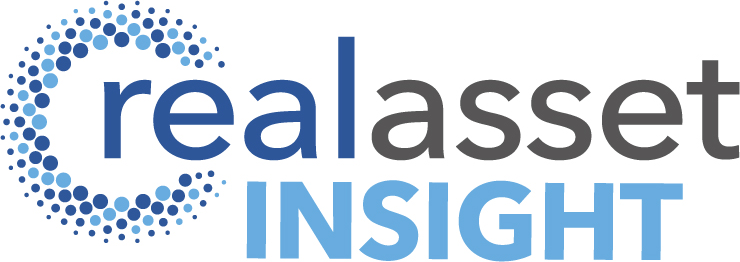Institutionalisation of RE: healthcare (continued)
In Europe alone, over 65s will make up more than 20% of the population by 2025. Giovanni Perin, managing partner at
“It’s not just about the investors though. Nursing home operators are becoming larger, more professional and expanding beyond their national markets. Cross-border M&A transactions are on the rise, making nursing home operators pan-European.
“Much of the consolidation is being driven by the French, Belgians and Germans and most of the major operators are generating revenues in the billions having established themselves in many European countries. The current focus of investment is in Italy and Spain ¬– two markets believed to offer the best future growth prospects.
“But the market has been at least a decade in the making. Threestones Capital was there pretty much at the start and we’ve seen a considerable shift in the way things are done. There’s no doubt it’s become far more professional and rigorous.
“In general, there’s a much larger volume, and greater richness, of data. There’s published research and benchmarks on transaction volumes and performance at a national, European and international level that didn’t exist a few years ago. Asset managers are better at market research, data analysis and revenue forecasting. This is sharpening up the overall quality of investment processes and strategy. In our case, these improvements, plus our focused approach to portfolio diversification, are what help us maximise returns for clients.
“Greater transparency is a key factor in the institutionalisation of the sector. In the last few years, we’ve noticed much more scrutiny being paid to investment reporting, performance measurement and valuations. Many of the large independent valuers and appraisers, for example, now have specialist teams dedicated to healthcare assets.
“And the scale of institutional involvement has significantly improved liquidity, with portfolio transactions now ranging from €100m to €900m. Market consolidation of operators is also making it easier to work with the same groups across a number of countries in Europe, improving credit ratings and confidence in tenants.”
Technology has also played a notably positive part in the evolution of the healthcare sector. Mostly, new digital tools have helped to improve the quality of property management.
The more investor appetite grows, the more managers will need to carve out differentiated propositions. “Possessing a deep understanding of residents’ needs and operators’ capabilities will be key. And harnessing the transformative power of technology will also greatly impact the next the phase of evolution for the sector,” Perin added.
In the final instalment tomorrow in the series, we take a closer look at another emerging residential niche: retirement living (also known as assisted living).




